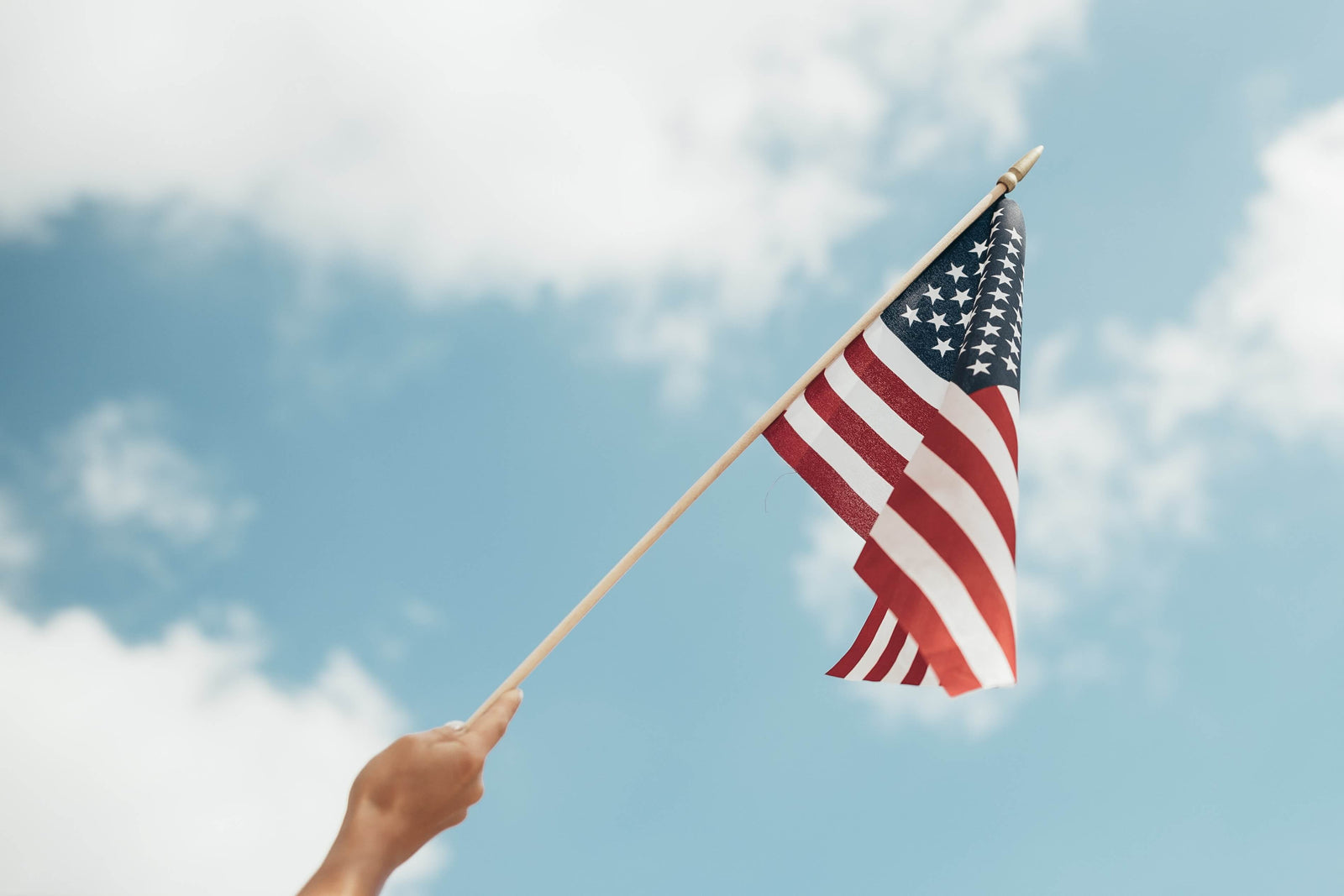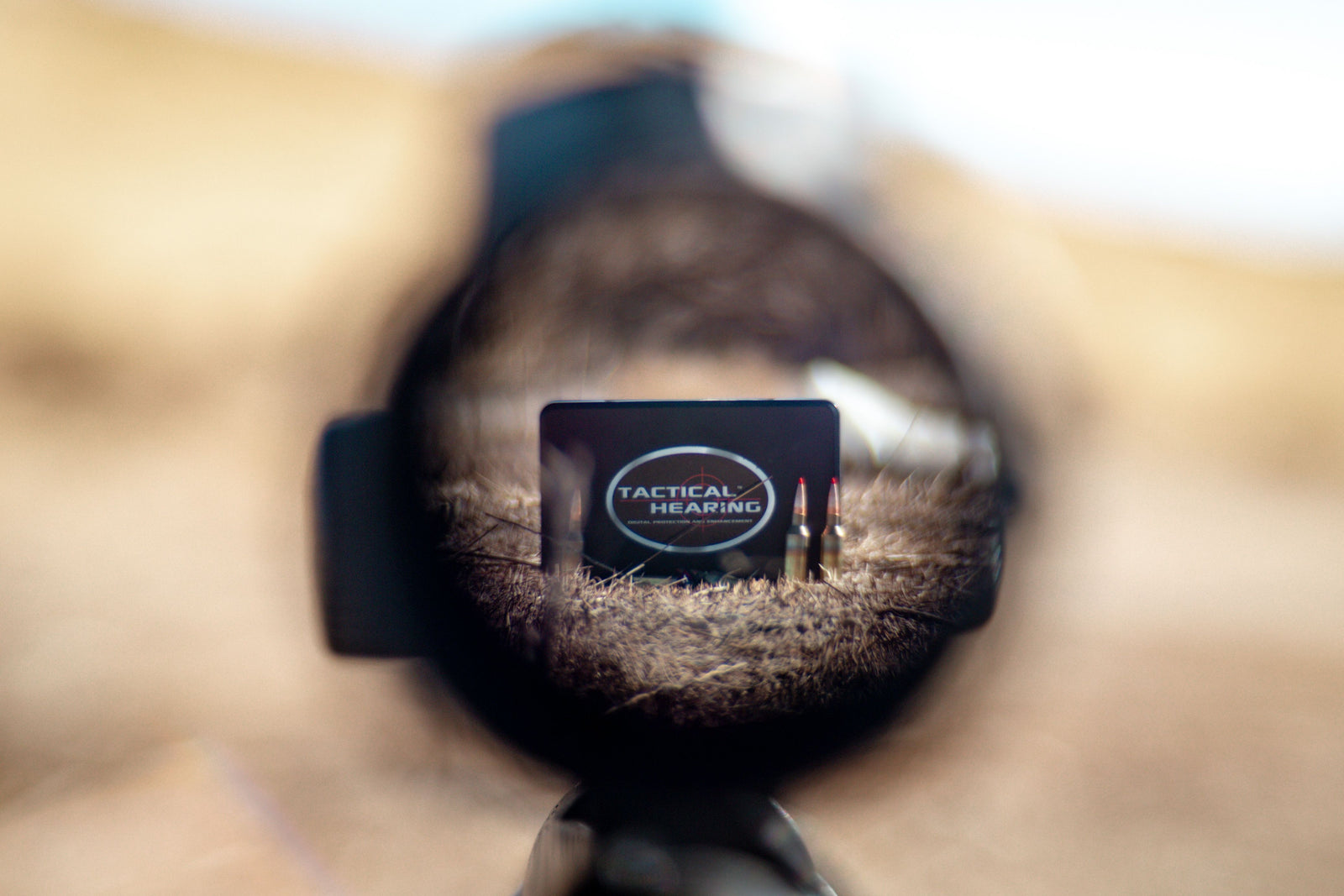Do Noise Cancelling Headphones Protect Hearing?

Yes, they do! In fact, they can really do a pretty good job, but not in every situation. Let me explain: see, there are two types of noise cancelling headphones; passive noise cancelling headphones which don’t use any kind of power source to block sound, relying on the materials they are made up of only; and active noise cancelling headphones that create sound waves, 180 degrees out of phase with the surrounding noises.
Now, there are situations where the passive ones will work really well, and won’t work at all in some. The same case goes for active noise cancelling ones. So, to determine whether the headphones will protect your hearing, it will depend on the type of headphones you have and the kind of situation you are in. Generally speaking, though, the passive noise cancelling headphones are better.
How do noise cancelling headphones work? (Passive & active)

As we mentioned above, when we talk of noise cancelling headphones, we are basically talking of two types of headphones; passive noise cancelling (PNC) and active noise cancelling (ANC) headphones. Now both of these headphones operate differently. For passive headphones, they physically block, reflect, and attenuates sound waves as well as sound pressure levels through the headphone’s body.
To have a better understanding of how PNC headphones work, just think of earplugs. See, when properly worn, the earplugs close off the eardrum from external noises and sound waves in the environment. The sound waves are either reflected off or absorbed by the earplugs. The earplugs don’t cancel out all the noise, especially if you are in louder surroundings, but what they do is provide ample attenuation of the sound pressure on your eardrum.
On the other hand, active noise cancelling utilizes active circuitry to produce an “anti-noise” signal on the headphone’s driver that cancels sound waves through phase cancellation. The circuit in the headphone does include a microphone that measures the external noise, an anti-noise circuit that cancels the actual noise by delaying the noise signal, an amplifier that adjusts the anti-noise signal in order to match the actual noise, and lastly, a summing amp that puts together the anti-noise signal with the intended audio.
Can you shoot guns with noise cancelling headphones?
Yes, you can! As a matter of fact, it’s part of the basic gun safety to protect your hearing, and your instructor in your shooting lesson should be able to tell you this. Look, when it comes to sound, we measure it using decibels (db). Now, the normal sound to human ears ranges somewhere between 0 dB to 100 dB. In fact, 100 dB is a bit much, but can’t cause any serious damage to your ears. However, anything above 100 dB can impair your hearing, and when it is over 140 dB, it may damage your ears permanently. Now, a gunshot produces over 150 dB, and could easily harm your ears. So, given that a majority of the firearms do exceed safe hearing levels, shooting hearing protection devices can, and should, be used whenever you are firing a gun.

No matter the activity – might be target practice, hitting cans, or hunting – you can always protect your ears from the gunshots by wearing noise cancelling headphones. In fact, everyone who uses a gun always protects their ears with something, such as earplugs, earmuffs, or earphones.
When you fail to protect your ears, what happens is that you put yourself at a high risk of developing profound deafness as well as lifelong misery of tinnitus plus all the discomfort, dizziness, annoyance, and disorientation that comes with it. Among the shooting community, gunshots are known to cause deafness as the noise and recoils they subject themselves to gradually assault their ears. Don’t be one of them! Prioritize safety first, before anything else.
Noise cancelling headphones vs custom hearing protection headphones?
When it comes to your hearing, you should never leave anything to chance. This means that you owe it to yourself to have a better understanding of the hearing protection devices you are about to put in your ears. Now, talking of hearing protection devices, there is noise cancelling headphones and also custom hearing protection headphones. These headphones are not the same, and understanding their differences will allow you to determine the best and most appropriate hearing protection device that’s suitable for your situation.
Noise cancelling headphones operate on both active and passive noise cancellation. The ear cups’ initial padding will provide standard protection to your ears, but the circuitry that’s underneath the caps is what gives these headphones the edge. What’s more, the headphones operate on a principle that sound waves that are inverted from one another cancel each other out whenever they are added together. Noise cancelling headphones dampen any sound around you, making them more efficient if you are trying to focus on work in an airport, or just keep to yourself in a loud room. They lack the sophistication of custom hearing devices, not filtering out loud and quiet sounds differently. Noise cancelling devices by Bose, Beats, Sony, and even Apple are meant to silence the entire environment around you.
On the other hand, custom hearing protection headphones operate under the passive noise cancellation principle. What we mean by this is the fact that the design of the ear cups is what determines the amount of noise that gets blocked out. The shape of the ear cups plus the manner in which they fit into the user’s ears also matters a lot and plays a role in blocking as much noise as possible out, while amplifying smaller sounds around you. For example, if you are taking a shooting class to train or get certifications, you want to protect your ears from multiple people shooting around you while still being able to clearly hear your instructor’s voice. TACTICAL HEARING’s custom hearing protection devices are the perfect solution for that scenario. If you are a hunter, with Tactical’s devices, you will be able to hear and track animals within your vicinity, simultaneously protecting your hearing while shooting your rifle.
Moreover, if you compare AirPods vs custom hearing protection devices, we can say that both are good when it comes to protecting you against high-frequency noise like baby cries or people talking. However, for low-frequency noises, such as engine noises,
Final thought
In everything we do, whether it’s playing games, listening to music, working in a noisy environment, or even spending your time on a shooting range, let’s always ensure that our ears are safe at all times. Let’s remember that our ears are fragile, which is why it is always recommended that you use noise cancelling headphones. Of course, not all headphones work, so you need to choose wisely.


